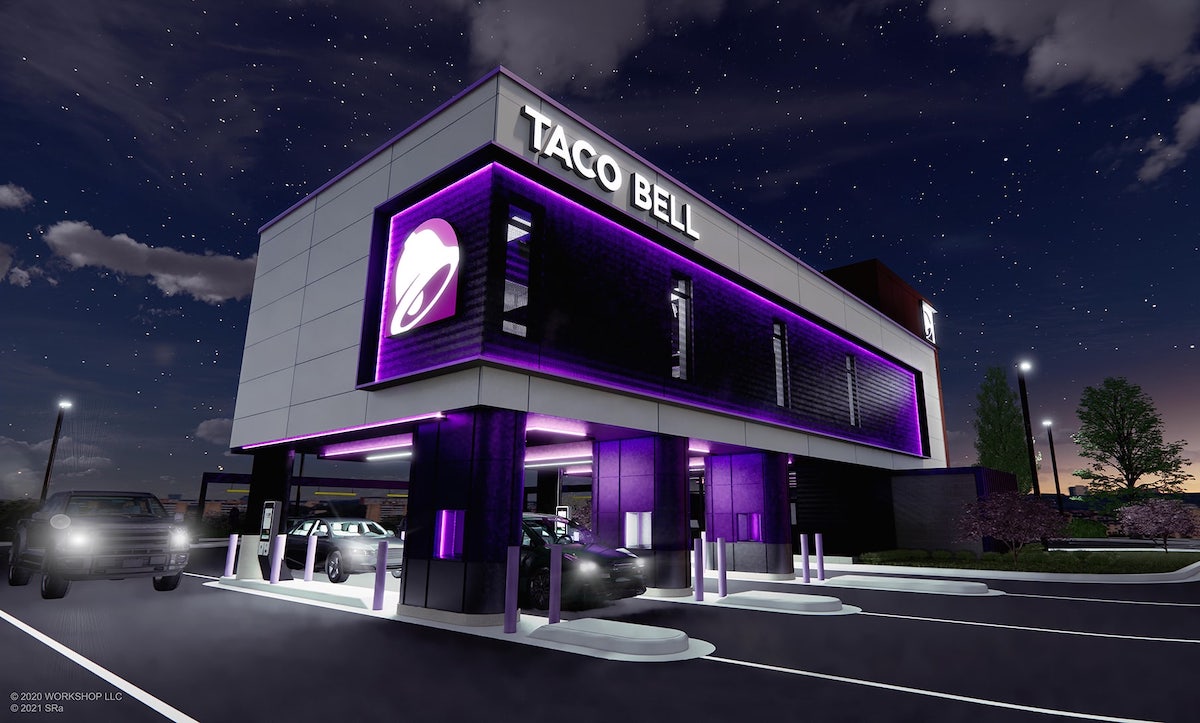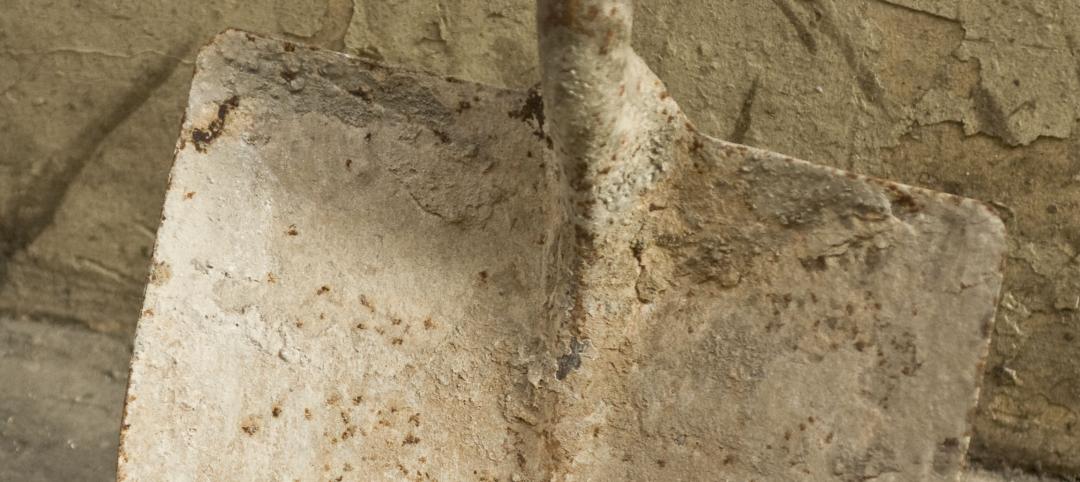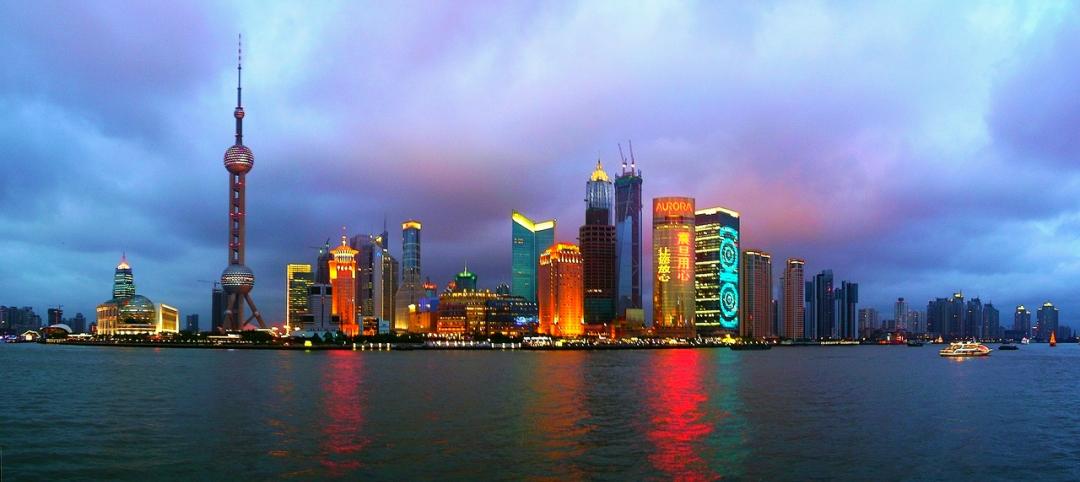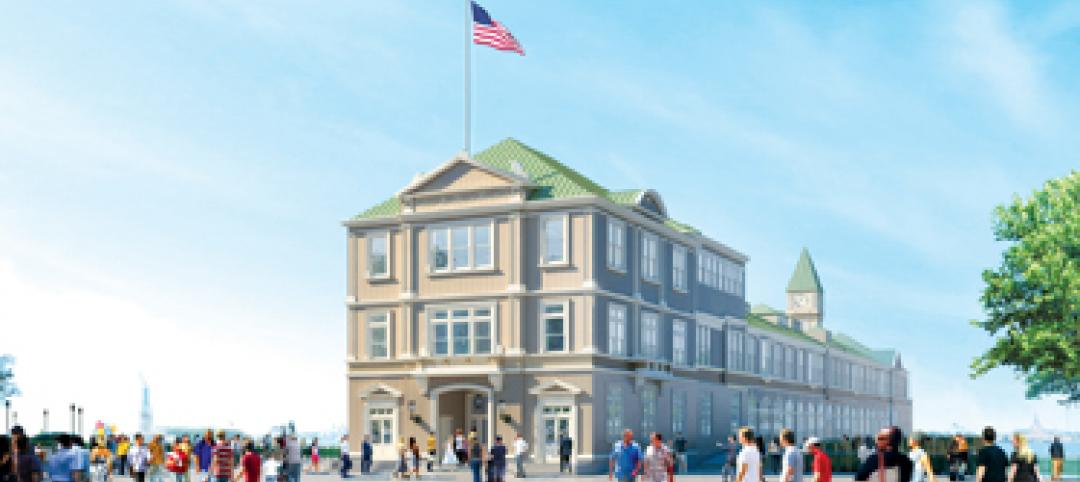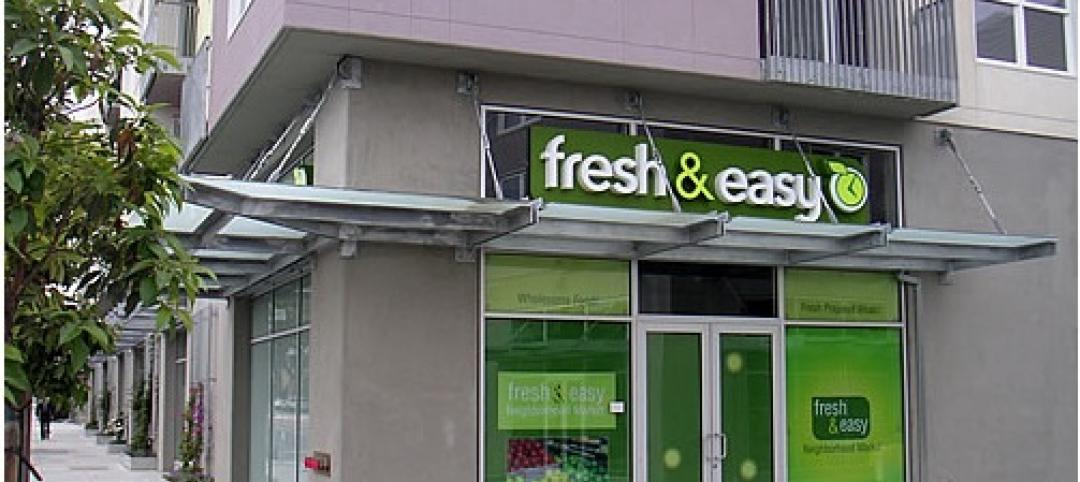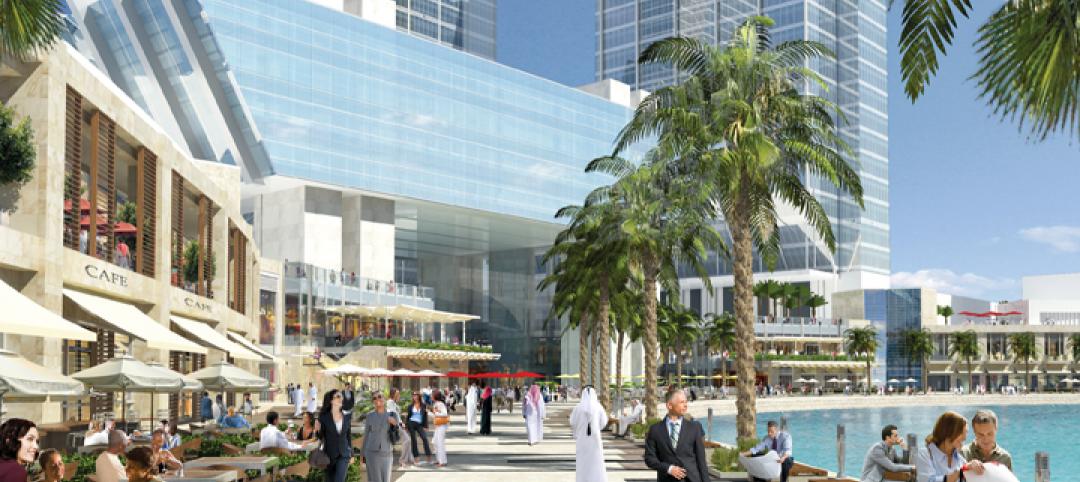Taco Bell Defy, an innovative new Taco Bell restaurant design that will “defy norms and define the future,” is set to break ground in Brooklyn Park, Minn., later this year.
The 3,000-sf, two-story restaurant concept features a first-of-its-kind Vertical Works-licensed design with a footprint that will be smaller than or equal to existing store footprints but have the ability to serve more customers. The project will reimagine the traditional drive-thru experience to create a new, contactless pickup experience that will be the fastest way ever to get Taco Bell.
The new drive-thru experience will feature four lanes, three of which are dedicated to mobile or delivery order pickups for customers who order through the Taco Bell app and third-party delivery services. The three lanes will supplement one traditional lane to ease the flow of traffic and ensure the speedy experience.
SEE ALSO: Chick-fil-A introduces modular building program for rebuilding and remodeling existing restaurants
Digital check-in screens will allow mobile order customers to scan in their order via a unique QR code. Customers can then pull forward to receive their food courtesy of a proprietary lift system that integrates two-way audio and video technology so customers can interact directly with the team members above in real time. This elevated kitchen design will optimize and streamline operations for the benefit of both team members and customers.
In addition to Vertical Works, Taco Bell Defy is also made possible by Border Foods, one of the largest privately held Taco Bell franchisees in America. Taco Bell Defy is slated to open to the public by summer 2022.
Related Stories
| Sep 23, 2011
Under 40 Leadership Summit
Building Design+Construction’s Under 40 Leadership Summit takes place October 26-28, 2011 Hotel at the Monteleone in New Orleans. Discounted hotel rate deadline: October 2, 2011.
| May 17, 2011
Redesigning, redefining the grocery shopping experience
The traditional 40,000- to 60,000-sf grocery store is disappearing and much of the change is happening in the city. Urban infill sites and mixed-use projects offer grocers a rare opportunity to repackage themselves into smaller, more efficient, and more convenient retail outlets. And the AEC community will have a hand in developing how these facilities will look and operate.
| Apr 12, 2011
Retail complex enjoys prime Abu Dhabi location
The Galleria at Sowwah Square in Abu Dhabi will be built in a prime location within Sowwah Island that also includes a five-star Four Seasons Hotel, the healthcare facility Cleveland Clinic Abu Dhabi, and nearly two million sf of Class A office space.
| Mar 30, 2011
Big-box giants downsize, open smaller, urban stores
As U.S. chain retailers absorb the lessons of the Great Recession, many big-box chains have started to shrink average store footprints to reflect the growing importance of multi-channel shopping, adapt to urban settings, and recognize the need to optimize portfolios. Wal-Mart, Target, Best Buy, and the Gap, among others, all have small concepts in the works or are adapting existing ones. These smaller store formats should allow the retailers to maximize profitability and open more stores in closer proximity to each other.
| Mar 22, 2011
Mayor Bloomberg unveils plans for New York City’s largest new affordable housing complex since the ’70s
Plans for Hunter’s Point South, the largest new affordable housing complex to be built in New York City since the 1970s, include new residences for 5,000 families, with more than 900 in this first phase. A development team consisting of Phipps Houses, Related Companies, and Monadnock Construction has been selected to build the residential portion of the first phase of the Queens waterfront complex, which includes two mixed-use buildings comprising more than 900 housing units and roughly 20,000 square feet of new retail space.
| Feb 23, 2011
Unprecedented green building dispute could cost developer $122.3 Million
A massive 4.5 million-sf expansion of the Carousel Center shopping complex in Syracuse, N.Y., a project called Destiny USA, allegedly failed to incorporate green building components that developers had promised the federal government—including LEED certification. As a result, the project could lose its tax-exempt status, which reportedly saved developer The Pyramid Cos. $120 million, and the firm could be penalized $2.3 million by the IRS.


